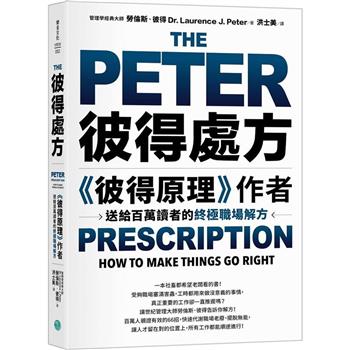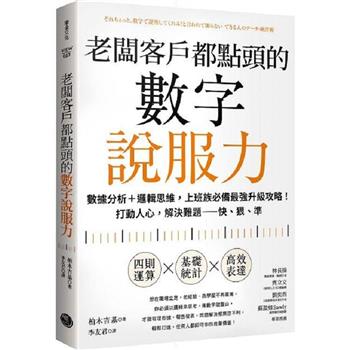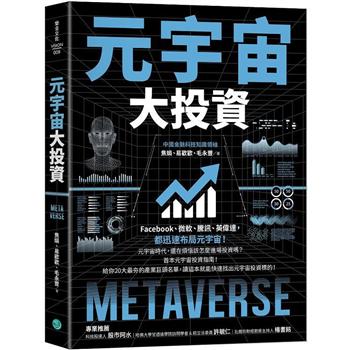Discover the captivating story of a pivotal figure in British financial history with "The Life of Abraham Newland, Esq., Late Principal Cashier at the Bank of England." This meticulously researched biography, originally published in 1808, delves into the life and career of Abraham Newland, a central figure in the Bank of England during a period of significant economic and political change.
John Dyer Collier provides not only a detailed account of Newlandâ€(TM)s life but also offers insights into the inner workings of the Bank of England itself. The book further includes an appendix featuring the late correspondence of the Chancellor of the Exchequer with the Bank, adding a layer of historical and economic context. This volume offers readers a unique glimpse into the financial landscape of 19th-century England and the life of a man who played a crucial, if often unseen, role in shaping it. A must-read for historians, economists, and anyone interested in the history of finance.
This work has been selected by scholars as being culturally important, and is part of the knowledge base of civilization as we know it. This work was reproduced from the original artifact, and remains as true to the original work as possible. Therefore, you will see the original copyright references, library stamps (as most of these works have been housed in our most important libraries around the world), and other notations in the work.
This work is in the public domain in the United States of America, and possibly other nations. Within the United States, you may freely copy and distribute this work, as no entity (individual or corporate) has a copyright on the body of the work.
As a reproduction of a historical artifact, this work may contain missing or blurred pages, poor pictures, errant marks, etc. Scholars believe, and we concur, that this work is important enough to be preserved, reproduced, and made generally available to the public. We appreciate your support of the preservation process, and thank you for being an important part of keeping this knowledge alive and relevant.











